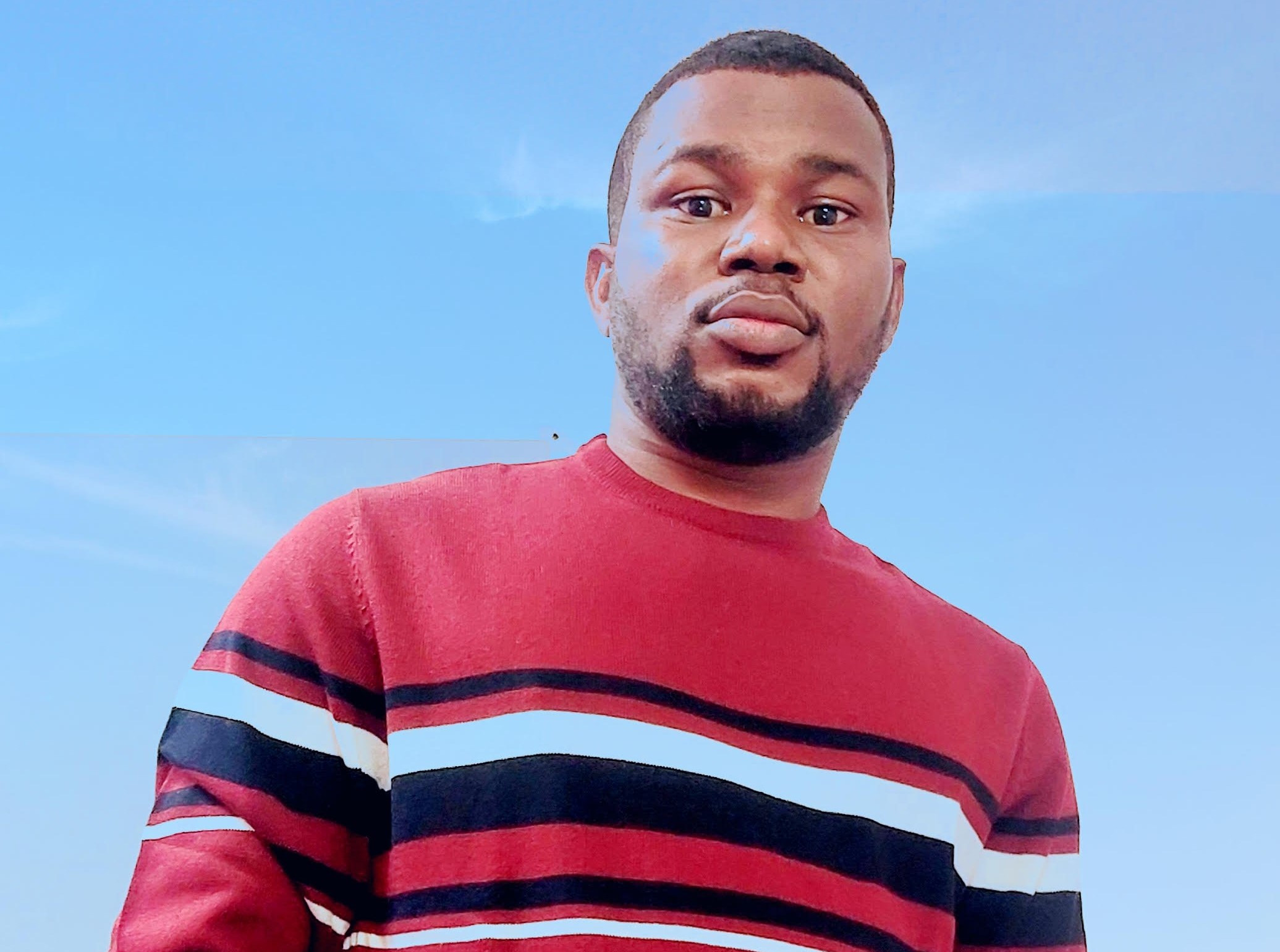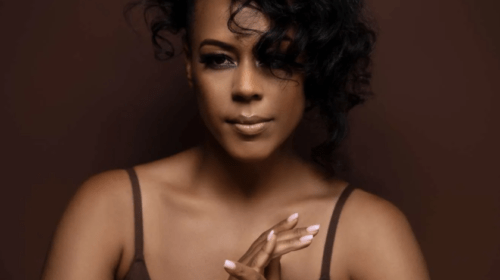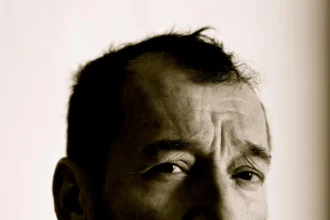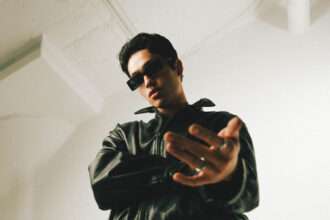Congratulations are in order as we embark on a fascinating conversation with N’naya, the creative force behind the recently launched debut EP, ‘African Moodscape.’ In this enriching interview, we unravel the intricate tapestry of N’naya’s journey, from academic excellence to the pulsating beats of Afrobeats.
With gratitude for the well-wishes, N’naya reflects on the unexpected yet fulfilling path that led to the creation of ‘African Moodscape.’ As we explore the unique blend of Afrobeats, Pop, and HighLife that defines the EP, N’naya gracefully links his academic background in Geography and Politics to the thematic elements, infusing diverse emotions and landscapes into the sonic experience.
The genesis of ‘African Moodscape’ during N’naya’s PhD studies at the University of Leicester unveils a harmonious balance between academic commitment and musical aspirations. Navigating the challenges of doctoral research, N’naya found solace in music as a refreshing break, leading to the spontaneous creation of four songs that would shape his musical identity.
Hailing from the University of Nigeria, Nsukka, and holding two Commonwealth Scholarships for studies in the UK, N’naya sheds light on how his academic journey profoundly influenced his music. His coined term, “Assemblage Music,” becomes the backbone of his distinct style, marrying Afrofusion with High Life influences.
The soulful melody of “Jowo” marked N’naya’s official entry into the music scene, symbolizing a heartfelt plea not to let go of cherished relationships. As we delve into the significance of this song, N’naya shares the positive feedback received, serving as a motivating force for further musical endeavors.
Our conversation takes us on a journey through N’naya’s West African roots and emotional experiences, influencing the vibrant soundscape of ‘African Moodscape.’ Street vibes from Lagos, the “assemblage city,” seep into tracks like “Jangulova” and “Fine Girl,” while “Lonely Soul” reflects the nostalgia of lonely weekends in Victoria Island and Ikoyi.
Balancing a burgeoning career in academia with his musical pursuits, N’naya envisions a seamless merger as he approaches the completion of his PhD. His pragmatic approach to combining both worlds ensures a smooth transition between academic responsibilities and musical creativity.
In concluding thoughts, N’naya imparts valuable advice to those contemplating a similar leap into pursuing their passion. Emphasizing the importance of continuous learning, skill development, and patience, he shares insights garnered from his own journey from academic achievements to a rising star in the Afrobeats scene.
Join us in celebrating the musical odyssey of N’naya, where “African Moodscape” becomes not just an EP but a testament to the harmonious fusion of intellect and artistic brilliance.
5 / 6
Congratulations on the release of your debut EP, ‘African Moodscape’! How does it feel to see your dreams of becoming a singer and songwriter come to fruition?
Thank you! It feels right, although I am not too excited. At the start of 2023, making music was not part of my plan for the year, but I ended the year producing four songs. So, it feels right, but much work needs to be done.
‘African Moodscape,’ is a unique blend of Afrobeats, Pop, and HighLife. How did your academic background influence the thematic elements of the EP?
My academic background is in Geography and Politics. My first degree is in Geography and Politics for my postgraduate studies. In the term “African Moodscape”, “Moodscapes” is a portmanteau of “mood” and “landscapes.” I use “mood” to signify the emotions conveyed in the EP and landscape to denote variety. That is different moods. Landscape is a concept popular in Geography. Just as landscapes can vary in scenery and atmosphere, a “moodscape” in this sense suggests a diverse and emotive sonic experience that takes my fans through different feelings or states of mind, from loneliness to love to forgiveness, romance and the dance.
The recording of ‘African Moodscape’ started during your PhD studies at the University of Leicester. How did you balance your academic commitments with your musical aspirations during this period?
Doing a PhD is not easy as it requires serious studies and research to create new knowledge.So, maximum focus is required. I did not start recording until I completed the last chapter of my thesis in December 2023. As I said, recording a song was not part of my plans for 2023. I completed my thesis before going to the studio to record, and it happened without much planning. I was trying to do something different from my PhD research as a break after three years of working on it. Music could help me take that break and come back refreshed.
However, it was easy to reconnect with music because I had previously wanted to do music before gaining admission to study at the University of Nigeria in late 2010. After recording a freestyle on a beat, which is Jowo, I decided to do three more songs.
Your academic background is extensive, excelling at the University of Nigeria, Nsukka, and receiving two Commonwealth Scholarships to study in the UK. How did your academic journey influence your music, and at what point did you decide to pursue a career as an Afrobeats artist?
My academic journey has influenced my entry into the music scene. I feel fulfilled in terms of formal education to have studied to PhD level. It gives me that confidence of “you know what, whatever happens, I have something to fall back on.” My PhD research influenced my music style, which I dubbed “Assemblage Music.” The concept of “assemblage” is central to my PhD research, and it means the coming together of diverse elements, both human and non-human, to produce a new whole. This kind of music is akin to what Burna Boy describes as Afrofusion. Still, mine has some High Life influence because I grew up listening to High Life songs by Prince Nico Mbarga, the “Sweet Mother” crooner and many others like Oliver De Coque, Oreintal Brothers, Osadebe, Super Five International Band, and Bright Chimezie.
The crux of High Life Music, apart from the instrumentation, is passing a message and storytelling. It is the message and storytelling aspects of High Life that my music builds on more heavily for now. I will explore other aspects later. I am also a fan of Flavour, who has continued to bring High Life into the front burner of the music industry, and I love that. Thus, my music blends Pop, Afrobeats and High Life. So, you can call my music “assemblage music”. When you listen to Jowo, for example, you hear Afrobeats, Afrouhouse, Highlife,
Pop, and an element of jazz. So, it is an “assemblage music” that brings together different sounds.
“Jowo” marked your official entry into the music scene. Can you share the significance of this song and how it set the tone for your career as N’naya?
“Jowo” is a soulful melody that captures the essence of heartfelt emotions and the earnest plea not to let go of a cherished relationship. It speaks to the heart, resonating with anyone who has ever feared losing someone special. Through the lyrics, I convey the yearning to find my way back to a loved one’s heart, the longing for reconciliation, and the sincere promise to make things right. It is a melody that echoes the sentiment of “please, don’t go” while expressing the willingness to correct misunderstandings. I have received positive feedback from listeners and fans. Most told me they loved the song, motivating me to produce other songs. I am learning and improving, and new releases will be better.
Can you elaborate on how your West African roots and emotional experiences contribute to the unique sound of “African Moodscape”?
Songs like Jangulova and Fine Girl have this street vibe, which I picked up from growing up in Lagos. Lagos is an “assemblage city”. It embodies the diversity of Nigeria and even West Africa, and different expressions of emotions are often an everyday life experience there. I wrote Lonely Soul when I left high school back then in Lagos, and it is an expression of how I felt at that time. Lagos is a bustling city with many entertaining events on and off the street; I can rarely be lonely. However, some places can be lonely on weekends, such as Victoria Island and Ikoyi. Lonely Soul expresses that lonely weekend feeling in Vitoria Island when I worked there shortly after leaving high school nearly two decades ago.
Balancing a career in academia and music requires a multifaceted approach. How do you hope to merge your academic realm with your musical journey?
Starting my music journey now is the perfect time because I am nearing the completion of my PhD. To remain in academia, you must have a PhD, and I have also done some excellent research that has been published. So, I will not struggle much. Music is something I do as leisure in my free time. I do music when I am on break. It is the easiest thing to combine with my job as an academic. I can make a song once I have a beat within a few hours of concentration, and this can be done as I am relaxing on a weekend or holiday. Recording it can happen in any free time. Shows are primarily on weekends and holidays.
In your journey from academic achievements to a rising Afrobeats artist, what message or advice would you share with others who might be considering a similar leap into pursuing their passion?
If you have a passion, keep believing in it. However, passion alone is insufficient; you must learn the skills involved. If you are passionate about singing, learn to do it and do not wait to be discovered; keep pushing. Ensure you learn something new regularly about what you are passionate about. For those wanting to do music besides their primary occupation, go for it when it feels right. Timing is critical. Success in music, like in other areas, does not come easy. It takes dedication and hard work. Do not expect immediate success.













